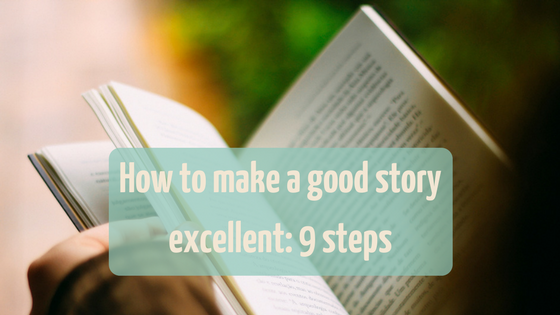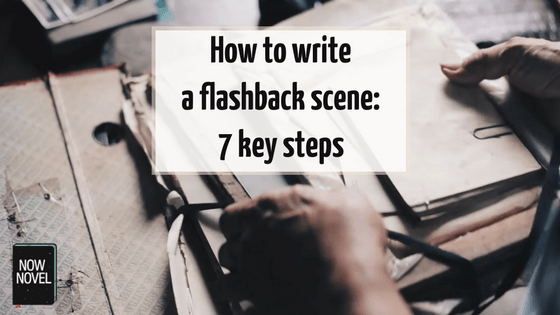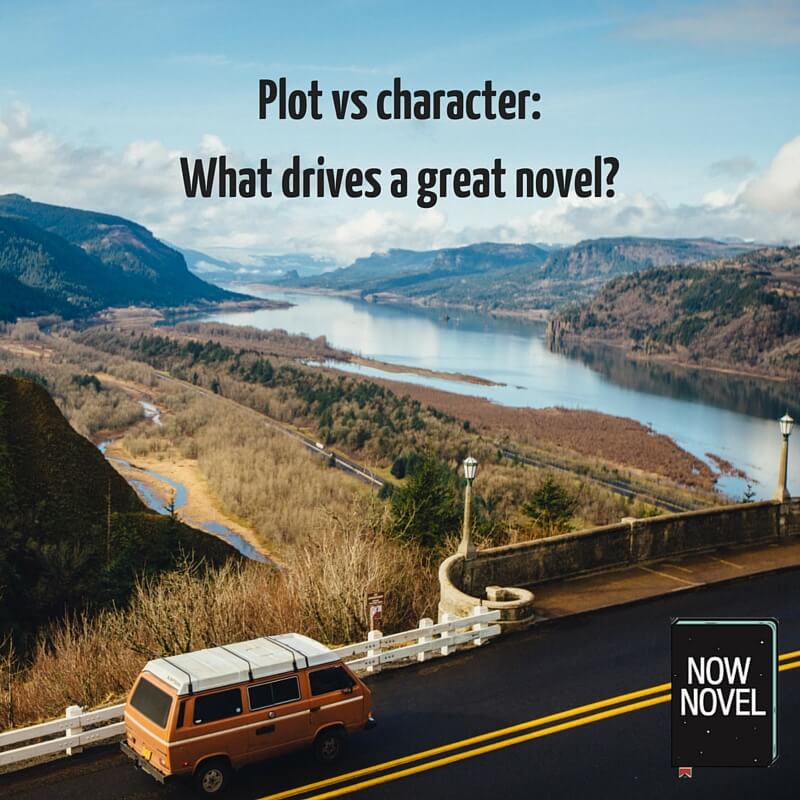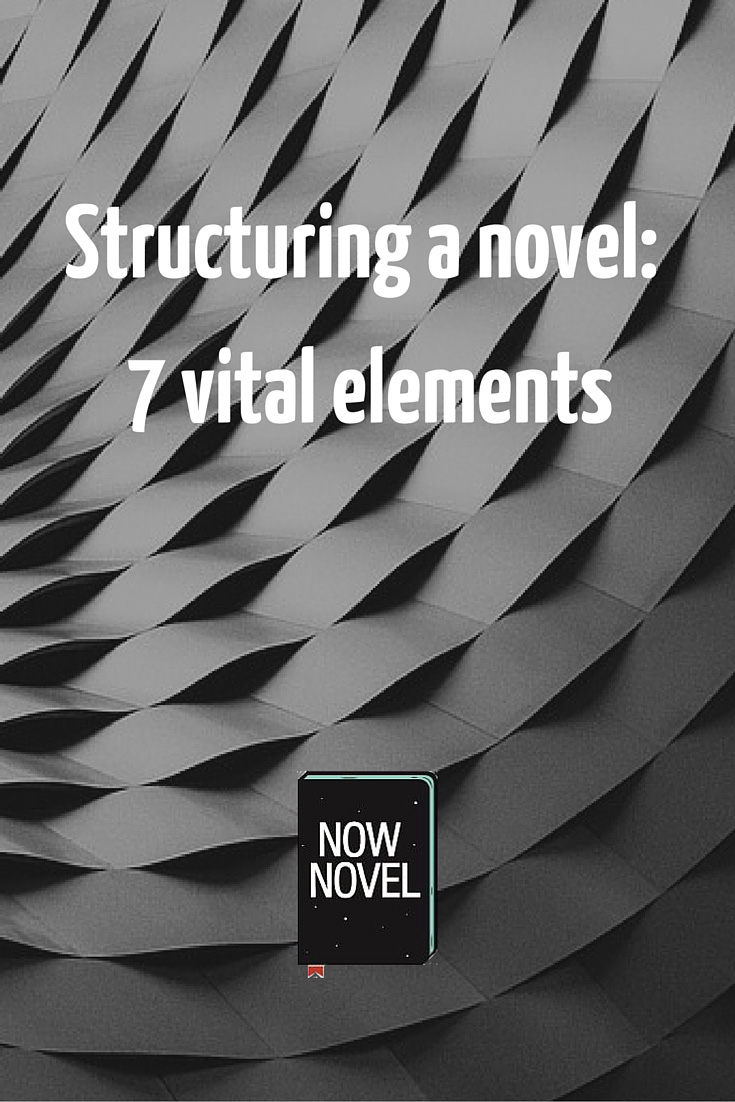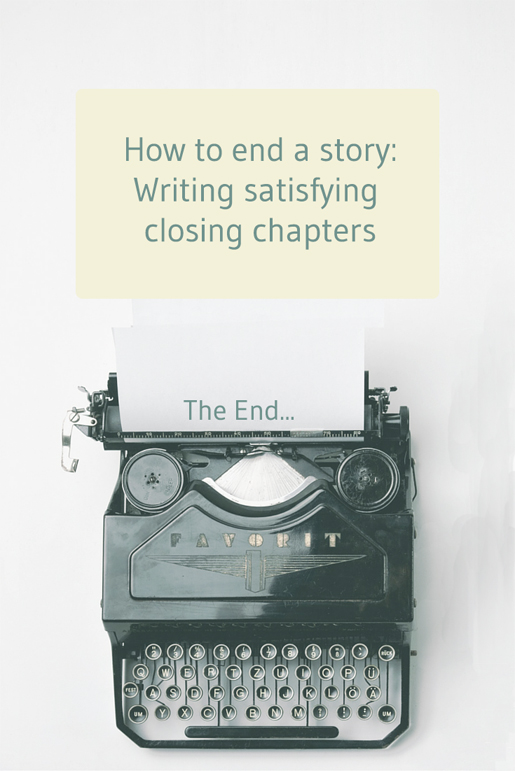The short story has a long and rich tradition, spanning everything from the Gothic tales of Poe to contemporary masterpieces. Writing a short story will improve your writing skills, as you can apply many of the techniques you master in the process to longer forms. Telling a complete story in 5,000 words rather than 100,000 nurtures your storytelling abilities because you:


